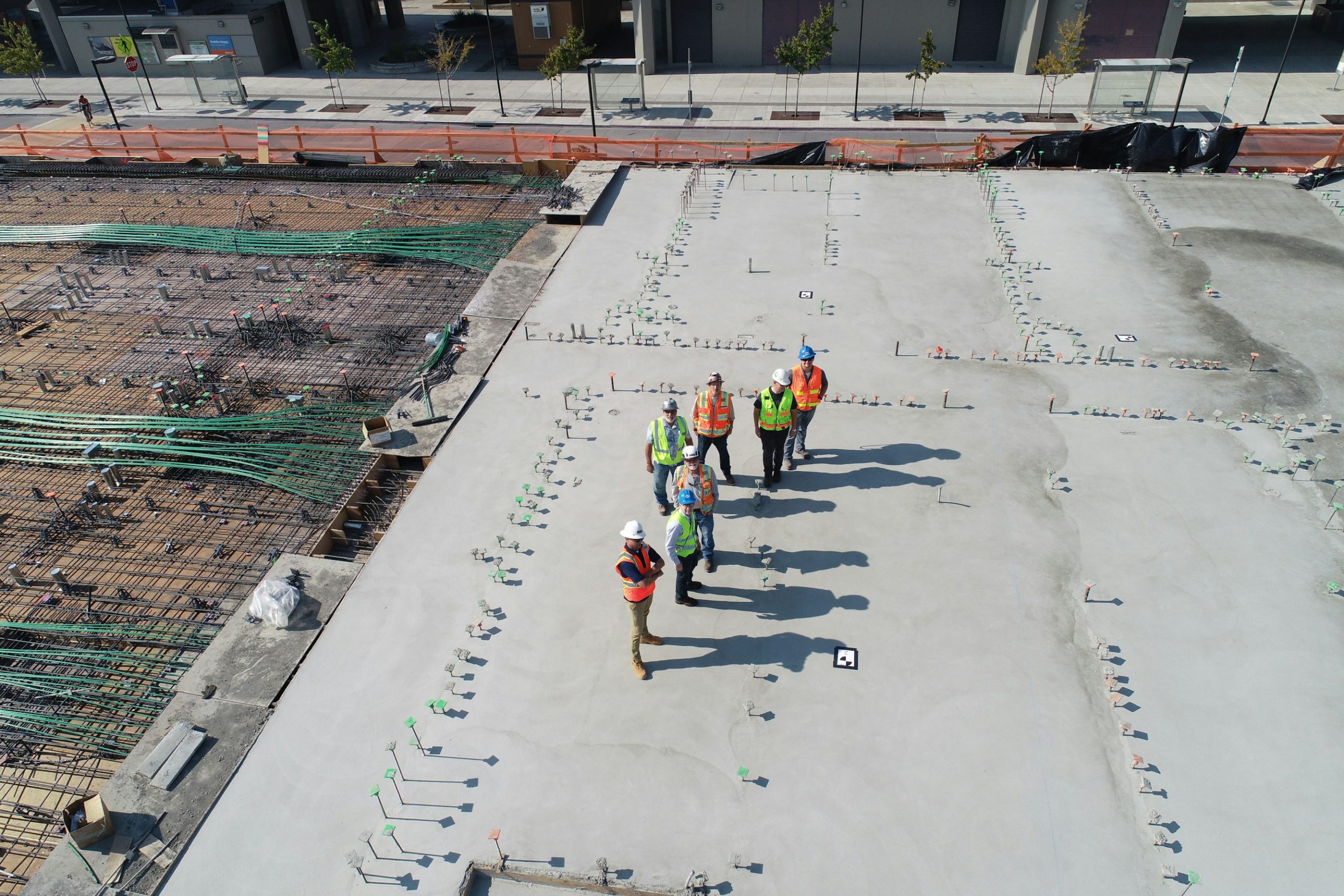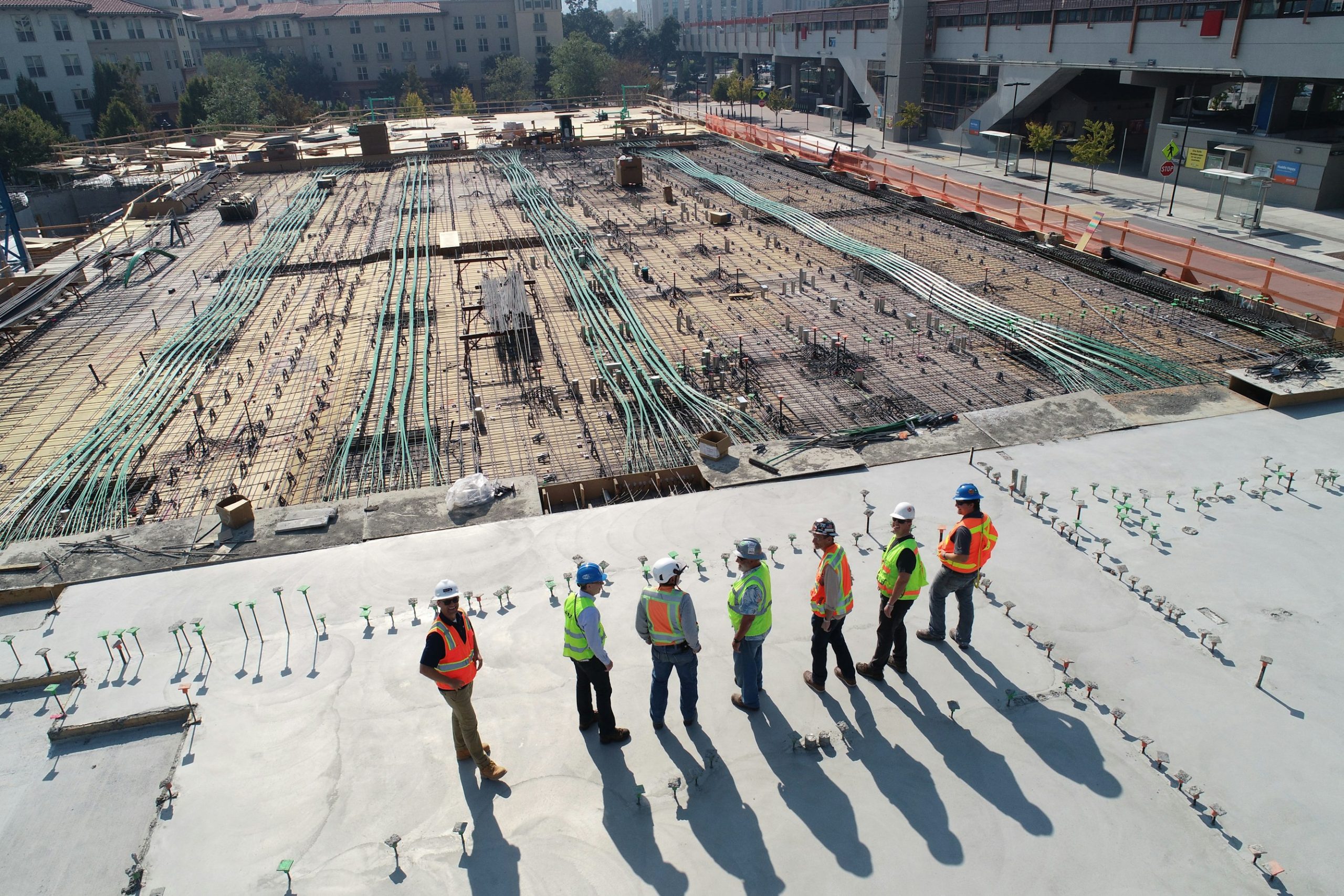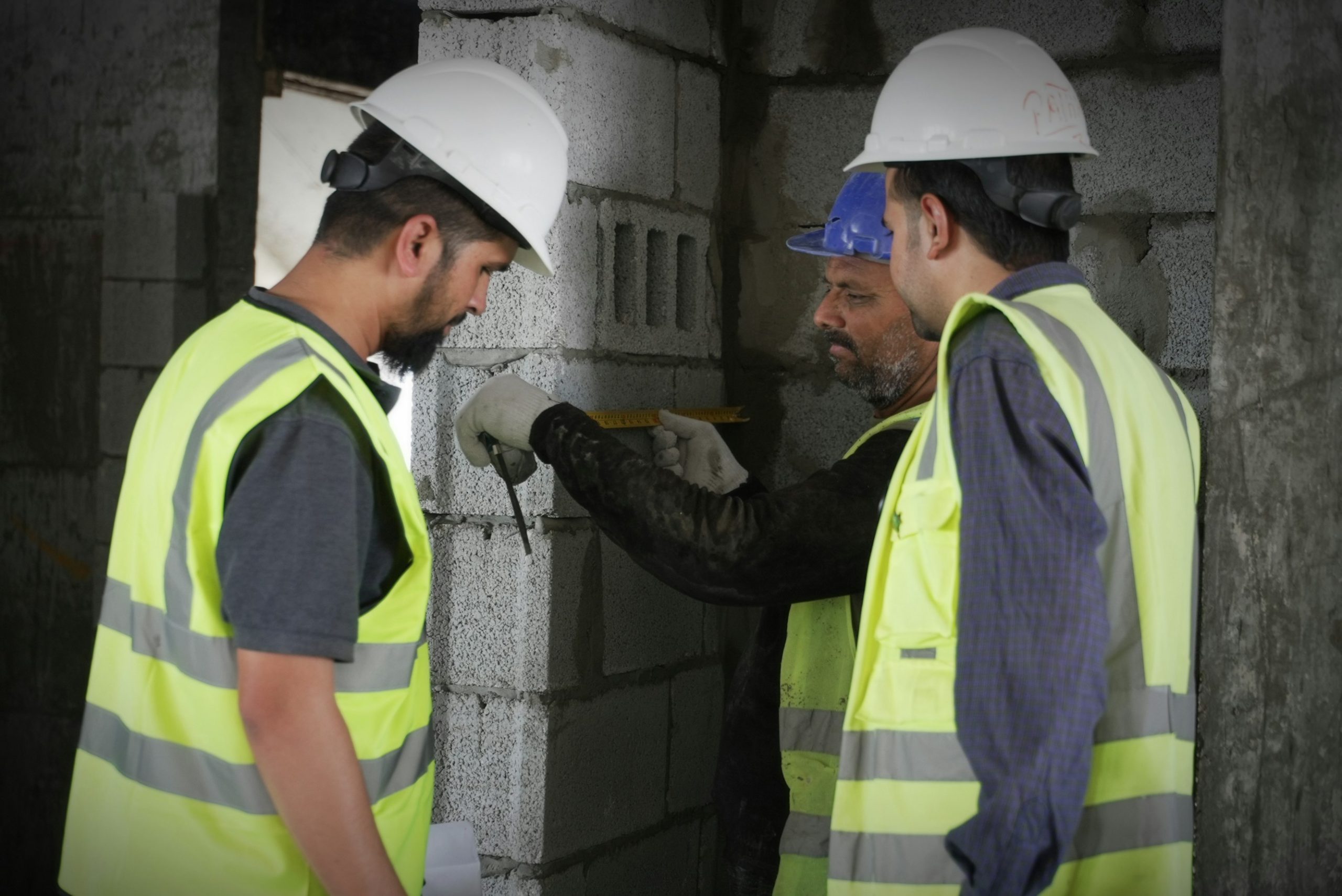Why the Construction Industry Can’t Ignore Digital Tools Any Longer
Introduction
The construction industry is undergoing a significant digital transformation, driven by the need for improved efficiency, safety, and profitability. If you’re in the field, it’s crucial to acknowledge that digital tools and technology are no longer optional; they are essential for success. This blog explores the key reasons why the construction industry cannot ignore digital tools any longer.
Improved Efficiency
Digital tools and software are revolutionizing the construction process by streamlining various tasks, from project management to on-site execution. With the use of
construction project management software, industries can simplify operations considerably:
- Construction Project Management Software: Tools like Procore and ConstructionOnline help manage projects more efficiently by automating tasks, improving communication, and reducing delays and errors. Implementing such software enables better project tracking and document management, fostering a collaborative environment.
- Building Information Modeling (BIM): BIM integrates design and construction data, enhancing coordination and decision-making. It allows architects, engineers, and contractors to work collaboratively from one common platform, ensuring that everyone has access to real-time information.
- Cloud Computing: Cloud-based solutions enable access to project data from anywhere, facilitating real-time collaboration and document management. This improves communication, document sharing, and overall project tracking, leading to fewer mistakes and smoother operations.
Enhanced Safety
The safety of workers on construction sites is paramount. Digital technologies are significantly improving safety in several key ways:
- Drones: These tools are employed for site surveys, inspections, and monitoring conditions on-site, helping to identify potential hazards and improve site security.
- Wearable Technology: Devices from companies like Triax Technologies monitor worker health and safety in real-time, tracking vital signs and detecting falls while alerting workers about potential dangers.
- Safety Management Software: Digital tools like SafeSite enable companies to monitor and mitigate risks, ensuring a safer work environment for all employees.
Cost Savings
Effectively managing budgets is essential for contractors, and digital tools facilitate significant cost savings through the following mechanisms:
- Construction Cost Estimating Software: Solutions like BuildSoft and OnCost Estimating provide accurate budget forecasting and management tools, minimizing the risk of underbidding or overbidding.
- Lean Construction Techniques: These methods focus on minimizing waste and optimizing resource usage, which translates to cost savings throughout the entire project lifecycle.
- Automated Processes: Leveraging AI and IoT reduces costly errors and waste by improving productivity and resource planning, enabling firms to work smarter rather than harder.
Improved Collaboration
Digital collaboration tools foster better communication across project stakeholders, which is vital for successful project execution:
- Collaboration Platforms: Tools like Bluebeam Revu and BIM 360 enhance document sharing and real-time collaboration, ensuring that all team members are up to date with project progress.
- Centralized Communication Tools: Platforms that simplify communication among team members, subcontractors, and clients significantly reduce confusion, ensuring everyone is informed and aligned on the project’s status.
Key Technologies Shaping the Construction Industry
Several key technologies are at the forefront of the digital transformation in the construction industry:
- Building Information Modeling (BIM): A foundational tool that provides a digital representation of a facility’s physical and functional aspects, serving as a collaborative platform for project stakeholders.
- Drones: Essential for high-resolution site surveys, inspections, and 3D modeling, drones optimize project planning and execution.
- Augmented Reality (AR) and Virtual Reality (VR): These technologies enhance project visualization and planning through immersive simulations and real-world overlays of information.
- Internet of Things (IoT): IoT technology is employed for monitoring equipment conditions, enabling predictive maintenance and facilitating worker health and safety monitoring.
- Artificial Intelligence (AI): AI plays a role in predictive modeling, risk analysis, and task automation, which streamlines project workflows and enhances decision-making.
- Blockchain: This technology provides transparency in supply chain management, reduces fraud, and ensures payment security while supporting ethical sourcing and sustainability practices in construction.
Best Practices for Implementing Digital Tools
To successfully navigate the digital landscape, companies should adopt a few best practices:
- Prioritize Safety: Use technology to enhance safety measures; implement wearable devices, utilize drones for inspections, and adopt safety management software.
- Optimize Project Management: Employ project management software to streamline operations, manage schedules, track budgets, and allocate resources effectively.
- Foster Collaboration: Enhance communication through collaboration platforms, ensuring all stakeholders stay informed with real-time updates.
- Invest in Training: Staying abreast of technological advancements and investing in training for team members ensures that everyone is proficient in using digital tools.
How Zepth Can Help
Zepth, with its comprehensive suite of construction management tools, can significantly enhance various aspects of the construction process:
- Centralized Data Management: Zepth’s platform centralizes data from numerous sources throughout the project lifecycle, improving communication and document management.
- Collaboration Tools: We offer tools that facilitate real-time collaboration and communication among project stakeholders, ensuring that everyone is synchronized.
- Project Management: Zepth’s project management software streamlines processes, manages schedules, tracks budgets, and allocates resources effectively.
- Safety Management: Zepth can seamlessly integrate with safety management software, enabling effective monitoring and mitigation of risks, ultimately ensuring a safer work environment.
By leveraging Zepth’s solutions, construction companies can optimize their operations, improve efficiency, and remain competitive in the rapidly evolving construction industry.
Conclusion
The digital transformation within the construction industry is not just a trend; it is essential for remaining competitive and addressing the demands of modern projects. By embracing technologies such as BIM, drones, AR/VR, wearable devices, and comprehensive construction management software, contractors can enhance their operations, elevate safety standards, reduce costs, and promote better collaboration.
Investing in digital tools and staying well-informed about the latest advancements are crucial steps for thriving in the digital age. For more information on how
Zepth can support your construction management needs, visit our website today!




